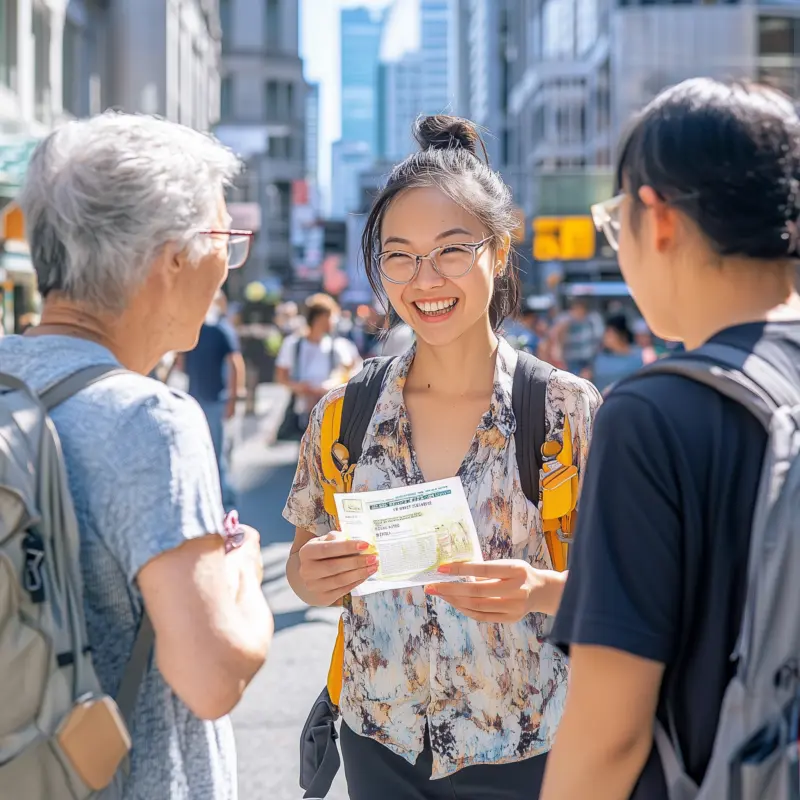Japan is one of the safest and most welcoming destinations for solo travel.
Japan offers low crime rates, efficient public transportation, and friendly locals, making solo travel easy.
If you enjoy traveling alone, Japan stands out as an excellent choice.
Why Japan is Safe for Solo Travelers

1. Low Crime Rates

Japan consistently ranks as one of the safest countries in the world, making it an excellent destination for solo travelers exploring Japan.
Violent crime is rare, and petty theft is uncommon, making it a reassuring destination for solo travelers.
2. Reliable Public Transportation

Trains and buses are punctual, clean, and easy to navigate, which greatly benefits those on solo travel.
Signs in English are widely available, especially in major cities, ensuring smooth travel between destinations.
3. Friendly and Helpful Locals

Japanese people are known for their kindness and hospitality, making solo travel in Japan an even more pleasant experience.
If you need help, locals will often go out of their way to assist, even if there’s a language barrier.
Essential Safety Tips for Solo Travelers in Japan
Learn Local Manners
Respect is a cornerstone of Japanese culture. Simple gestures like removing your shoes indoors and maintaining quiet in public spaces can make your solo travel in Japan more enjoyable and respectful.
Watch Your Belongings
Although Japan is very safe, it’s still wise to be cautious with your belongings during solo travel.
Use secure bags, and don’t leave valuables unattended in public areas.
Enjoy Solo Dining
Japan is ideal for solo dining and solo travel.
Many restaurants, such as ramen shops and sushi bars, have counter seating or individual booths, so you can enjoy your meals comfortably.
FAQ
Yes, Japan is very safe for solo female travelers. Crime is rare, and many hotels and hostels offer women-only accommodations.
Ask locals for help—simple English words usually work well. Younger people are often more confident in English than older generations. Tourist centers and train stations also have staff who can assist.
Yes, you can! Many signs are in English, and transportation staff are used to helping foreign travelers.

